Federal judge dismisses lawsuit from photographer who doesn’t want to shoot gay weddings
Emilee Carpenter had claimed New York's discrimination law forces her to engage in "compelled speech," in conflict with her religious beliefs.

A federal judge in New York has dismissed a lawsuit filed by a “Christian” wedding photographer who demanded that the state’s nondiscrimination law be overturned, lest she be forced to photograph same-sex weddings.
The woman, Emilee Carpenter, of Elmira, filed suit earlier this year, claiming that New York’s nondiscrimination law violates her First Amendment rights to free speech and free exercise of religion, and her Fourteenth Amendment right to due process.
Carpenter claims to believe that marriage is a union between one man and one woman, and that weddings are meant to be “inherently religious and solemn events.” As such, by preventing her from turning away same-sex couples, Carpenter claims the nondiscrimination law’s protections for LGBTQ people in places of public accommodation will force her to “participate” in ceremonies that run counter to her religious beliefs, or pay fines of up to $100,000 if she refuses.
[infolinks]
In the complaint, Carpenter’s lawyers, from the anti-LGBTQ Alliance Defending Freedom, argued that Carpenter’s photography should be treated as a form of artistic expression, and that forcing her to work with same-sex couples is a form of compelled speech that communicates or “promotes” a “message” of approval of same-sex unions.
But U.S. District Judge Frank Geraci, Jr., of the Western District of New York, dismissed Carpenter’s lawsuit earlier this week, saying the court was “not persuaded” by Carpenter’s argument that the law’s protections should be partially gutted in order to grant a religious exemption to those, like her, who oppose same-sex marriages.
“As Plaintiff concedes, an ‘expressive’ service like hers is not fungible. Her photographs are a product of her personal ‘artistic discretion,’ ‘technical proficiency’ and ‘moral standards,’ and it is her ‘faith and eye for beauty’ that ‘shape her photography — from first click to final edit.’ While other photographers may operate in the same market, Plaintiff does not allege that they would deliver the same photographs she does,” Geraci wrote.
“The crux of Plaintiff’s claims is that her photography is the product of her unique artistic style and vision,” Geraci continued. “Thus, an exemption for Plaintiff’s unique, non-fungible services would necessarily undermine, not serve, the State’s purpose, as it would ‘relegate [same-sex couples] to an inferior market’ than that enjoyed by the public at large.
“Accordingly, the Court concludes that New York has a compelling interest in ensuring that individuals, without regard to sexual orientation, have equal access to publicly available goods and services, and that the Accommodation clause is narrowly tailored, as applied to Plaintiff, to serve that interest,” he concluded. “As a result, even if the Accommodation clause compels speech or expressive association in a manner that implicates Plaintiff’s free-speech and free-association interests, the provision survives strict scrutiny.”
Related: Norfolk photographer drops challenge to Virginia’s LGBTQ nondiscrimination law
Alliance Defending Freedom, a legal organization with a history of litigating against LGBTQ rights that has been labeled — it claims unfairly — a “hate group” by the Southern Poverty Law Center, blasted Geraci’s decision in a statement, saying it would appeal the case to the 2nd U.S. Circuit Court of Appeals.
ADF noted in its statement that it has already asked the nation’s highest court to take up a similar case out of Colorado in which a website designer is seeking to gut Colorado’s LGBTQ-inclusive nondiscrimination law based on her personal objections to same-sex marriage. A federal appeals court recently ruled against ADF’s client, Lorie Smith, affirming a lower court decision that the state’s nondiscrimination law is narrowly tailored enough to achieve the law’s aim of ensuring LGBTQ individuals are not prohibited from accessing goods or services made available to other consumers.
As such, after their challenges to both the New York and Colorado laws were rebuffed, ADF has called on the U.S. Supreme Court to take up the Smith case and rule that the law’s lack of a robust religious exemption is unconstitutional.
“The [New York] court’s decision continues down a dangerous path of the government compelling artists to speak messages that violate their religious beliefs — or imposing steep fines, closing their businesses, or throwing them in jail,” ADF Senior Counsel Jonathan Scruggs said in a statement. “We earnestly hope the Supreme Court will hear Lorie’s case and protect the constitutional freedoms for all Americans, including creative professionals like Lorie and Emilee.”
Various LGBTQ advocacy organizations praised Geraci’s decision.
“An overwhelming majority of Americans of every race, faith, and political party support laws that protect LGBTQ+ people from discrimination, and support for marriage equality has never been higher. Nondiscrimination laws protect every citizen and send a signal that all are welcome, and that’s good for business,” Sarah Kate Ellis, the president and CEO of GLAAD, said in a statement.
“In rejecting an attempt to undermine New York State’s Human Rights Law, the federal court recognized New York’s compelling interest in protecting LGBTQ+ people from discrimination in public accommodations and held that businesses opening themselves to the public must abide by the law,” added Omar Gonzalez-Pagan, a senior attorney for Lambda Legal.
See also:
Boy, 6, told he’ll ‘die of AIDS’ because of LGBTQ dad
‘Ex-gay’ grifter Jeffrey McCall admits to sex with multiple men
Support Metro Weekly’s Journalism
These are challenging times for news organizations. And yet it’s crucial we stay active and provide vital resources and information to both our local readers and the world. So won’t you please take a moment and consider supporting Metro Weekly with a membership? For as little as $5 a month, you can help ensure Metro Weekly magazine and MetroWeekly.com remain free, viable resources as we provide the best, most diverse, culturally-resonant LGBTQ coverage in both the D.C. region and around the world. Memberships come with exclusive perks and discounts, your own personal digital delivery of each week’s magazine (and an archive), access to our Member's Lounge when it launches this fall, and exclusive members-only items like Metro Weekly Membership Mugs and Tote Bags! Check out all our membership levels here and please join us today!




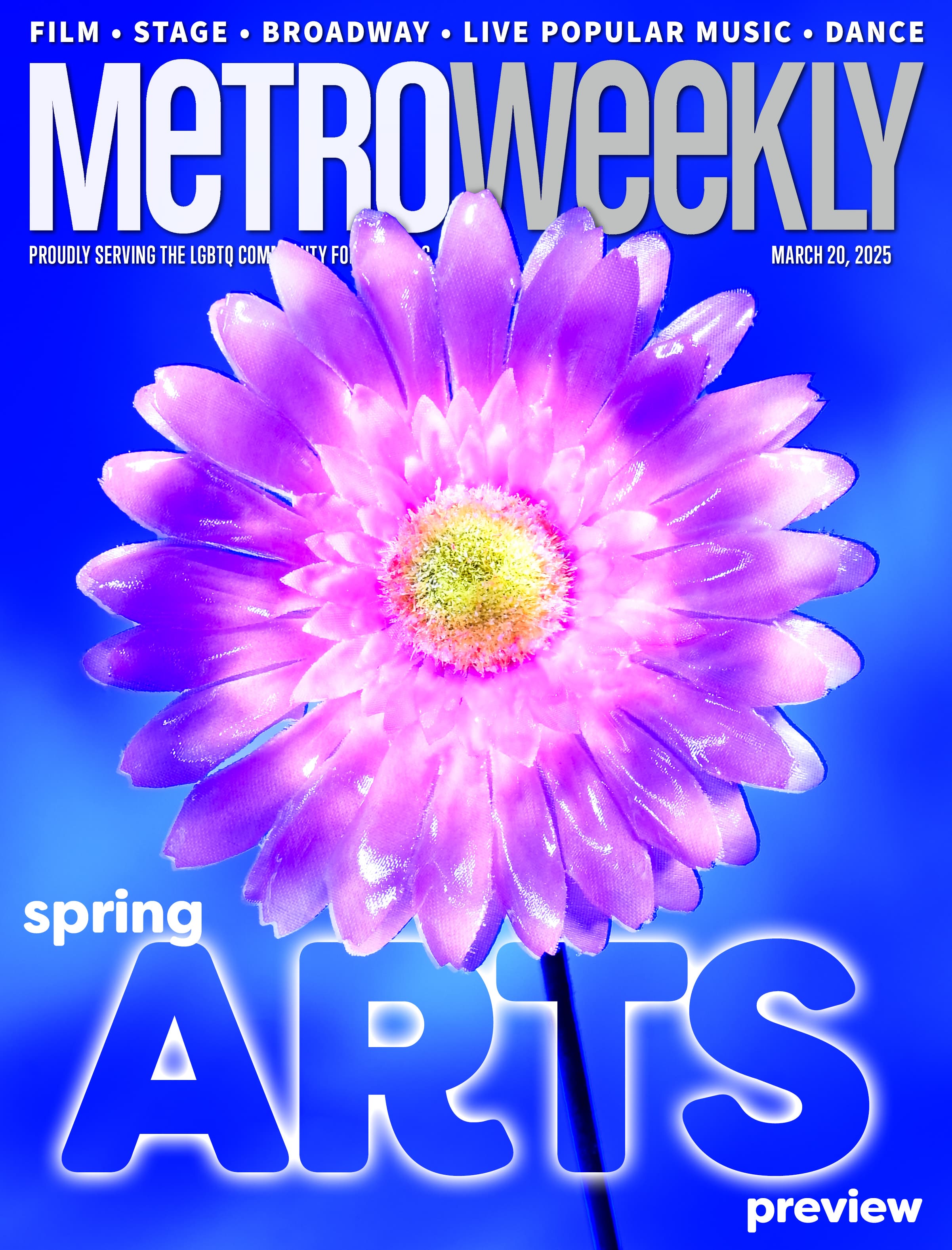

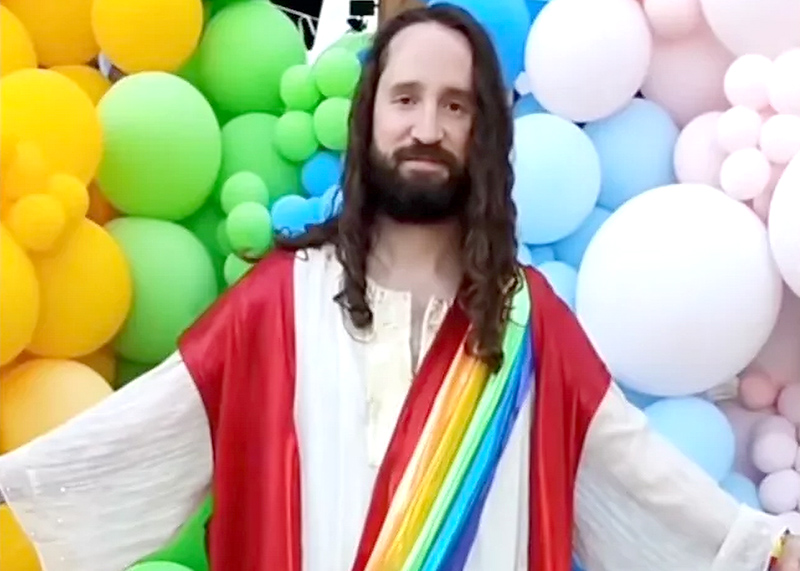













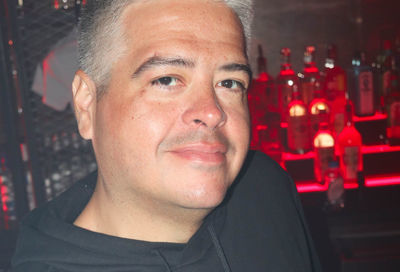
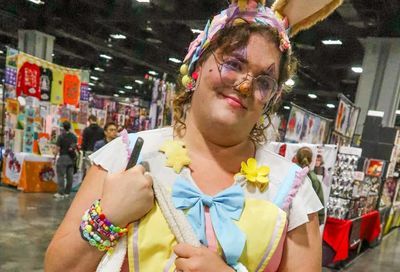
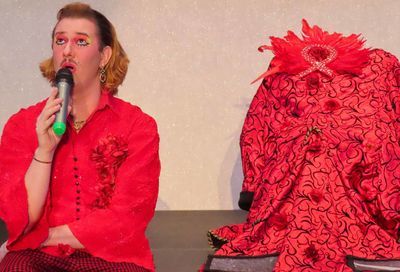
You must be logged in to post a comment.